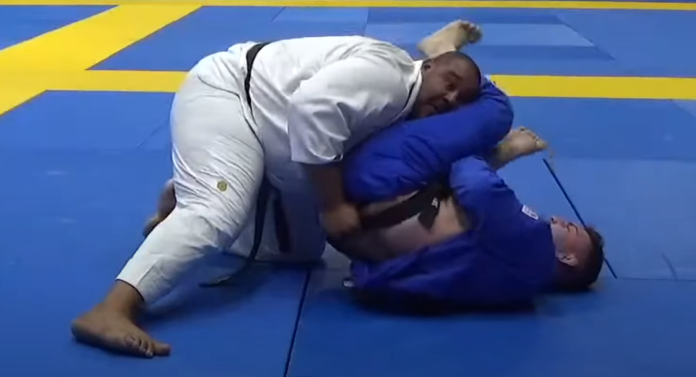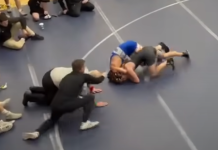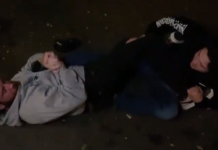In preparation for the upcoming 2024 competition season, the International Brazilian Jiu-Jitsu Federation (IBJJF) has revealed a set of modifications to its rules, encompassing various aspects of the sport. While not revolutionary in nature, these changes primarily focus on pre and post-match officiating, with two notable alterations set to impact the dynamics on the mats.
Unlike the groundbreaking decisions of recent years, such as the legalization of heel hooks and reaping, the latest adjustments aim to refine the competitive landscape without drastically altering gameplay. One noteworthy amendment pertains to leglocks, specifically addressing the application of straight ankle-locks. Formerly, competitors risked disqualification if they turned towards the free leg while executing this submission. However, in a progressive move, brown and black belt athletes are now permitted to turn in either direction when applying the straight ankle-lock.
Another significant change involves a stricter ruling on stalling within the 50/50 guard position, a development likely welcomed by the sport’s enthusiasts. Athletes caught in the 50/50 guard must now demonstrate positional progression within 20 seconds of gripping their opponent’s lapel or belt. Failure to achieve positional advancement within this timeframe will result in a penalty for lack of combativeness, irrespective of the competitor’s intention.
Outlined below are key modifications to the IBJJF rules set to take effect in 2024:
- Referee Decision Authority: Referees may consult the event’s director of refereeing, but the final decision on overturning results lies with the referee. The director of refereeing can only authorize result changes if the bracket has not progressed to the next stage.
- 50/50 Guard Position Penalties: Athletes in the 50/50 guard position must pursue positional progression within 20 seconds of gripping the lapel or belt, or face a penalty for lack of combativeness.
- Straight Ankle-Lock Adjustments: Competitors at brown and black belt levels are no longer disqualified for turning towards the free leg while applying a straight ankle-lock.
- Staining Makeup or Hair Dye Disqualification: Athletes wearing hair dye or makeup that stains their opponent’s gi during a match will face disqualification.
- Results and Disqualification: If disqualified, opponents move up one position to replace the disqualified athlete’s results. Summary disqualification from a gi event also results in disqualification from a concurrently registered no-gi event.
- Disciplinary Penalties: If an athlete is disqualified for a disciplinary penalty post-fight but during the event, the next opponent is declared the winner, and previous opponents move up one position.
- Belt Promotion Age Requirements: Athletes promoted to a new belt category with unmet age requirements may compete at their previous rank until reaching the age requirement.
- Gender Categories: Athletes must register in the category corresponding to their biological sex assigned at birth, as indicated on their original birth certificate.
For a comprehensive overview of these rule changes and access to the updated rulebook, visit the IBJJFhttps://ibjjf.com/books-videos‘s official website. The adjustments aim to enhance the fairness and competitiveness of the sport while maintaining the integrity of Brazilian Jiu-Jitsu competitions.






















